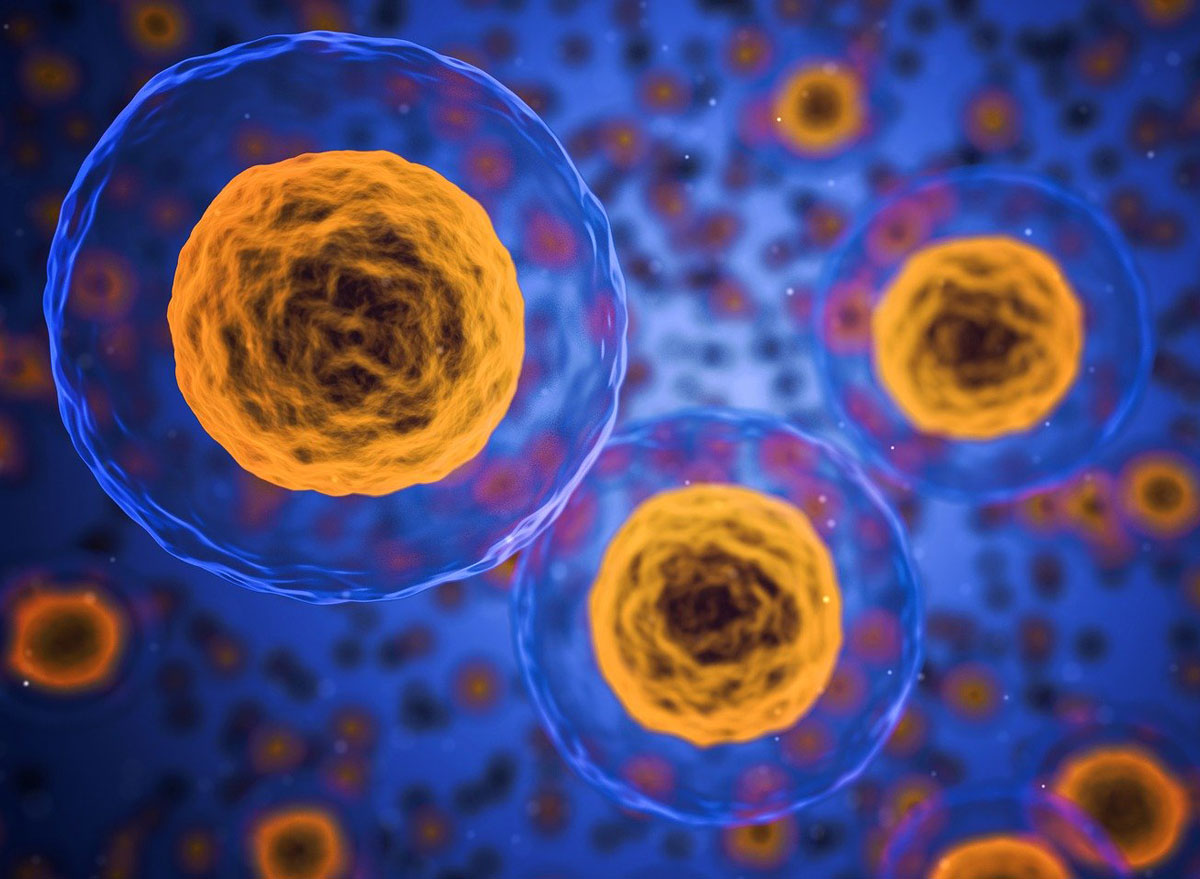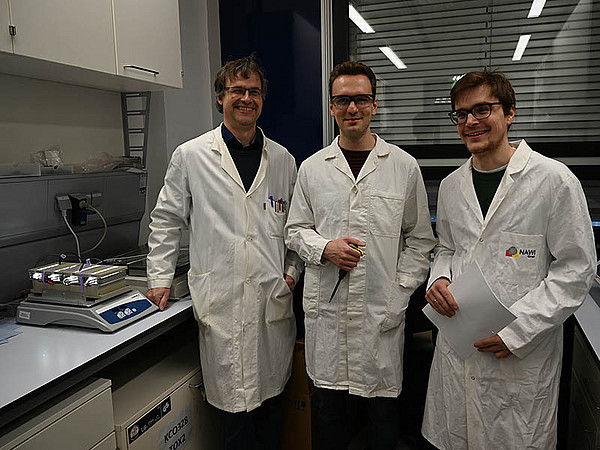The chemical industry produces a variety of products on a large scale, ranging from medicines and flavours, to perfumes. However, this also results in vast amounts of debris: every kilogramme of pharmaceuticals generates up to 100 kilogrammes of waste. Finding a way to avoid this as much as possible is the main objective of an international research team that the University of Graz is participating in. The project is called “CLASSY”, and researchers are looking for a new method to render chemical production processes environmentally friendly. The team behind “CLASSY” was able to attract a subsidy of €3.8 million from Horizon 2020 – the highly competitive research funding programme of the EU – and the project will now be running for four years.
Learning from the cell
For the researchers and experts from Austria, Spain, Israel, Switzerland and the Netherlands, the smallest living unit of all organisms – the cell – serves as a model. Wolfgang Kroutil and Christoph Winkler from the Institute of Chemistry at the University of Graz explain: “In a cell, thousands of reactions take place simultaneously in a very controlled and efficient way. For example, the molecules structure themselves according to a certain pattern. The speed at which reactions take place in the cell is also precisely controlled. This enables the cell to synthesize an enormous variety of complex products without any waste.” The scientists want to equip their manufacturing processes with all these – and more – abilities. To do this, they are using a variety of methods. The researchers from Graz are contributing their specialty to the project: the concept of biocatalysis. In this process, natural enzymes act as catalysts to simplify chemical production, making it more ecological. This also makes expensive devices and chemicals redundant and avoids the generation of toxic waste products. “Our goal is to revolutionise molecular synthesis in a way that will enable a sustainable, green chemical industry in the future”, emphasises Wolfgang Kroutil.
The origin of life
In the course of their work, the researchers also hope to find out more about the origin of life itself. “We still have a great deal to learn about the so-called ‘primordial soup’ and the intermediate steps that led to the origin of the first cells. Once we find out how the cell organises itself and controls its reactions, we will have taken a major step towards fundamentally understanding the origin of life,” explains Christoph Winkler.

